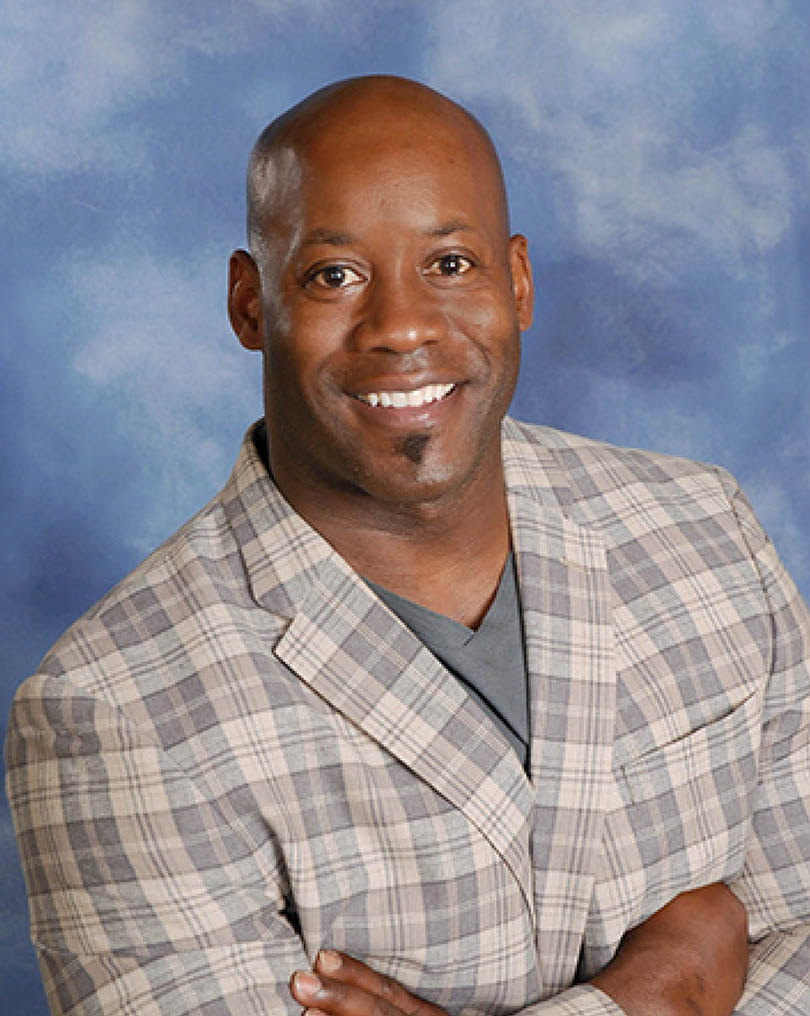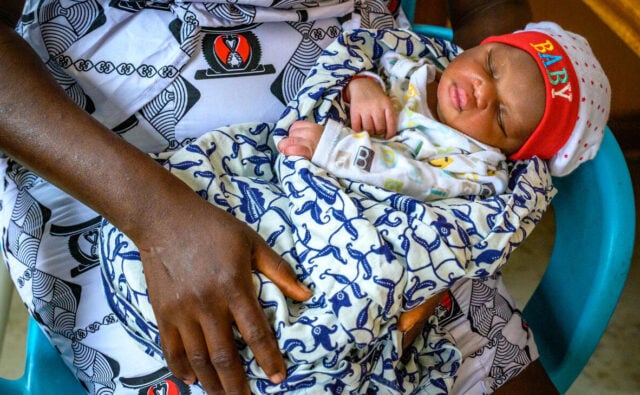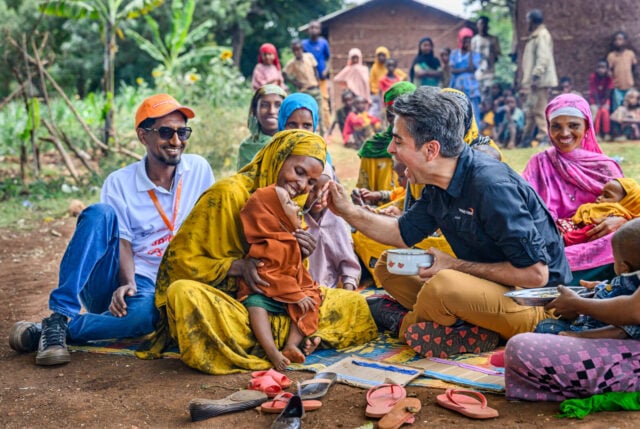The story of the Good Samaritan in Luke 10:25–37 is a parable that resonates with me as our country continues to struggle with racial tensions.
The lead-in to the parable is a question from the expert in the law, “And who is my neighbor?” This is after he gives Jesus his interpretation of the Levitical law that we must love God with all our heart, soul, strength, and mind and then also love our neighbors as ourselves in order to inherit eternal life.
Identifying neighbors
It’s a question we still ask ourselves today. Who are our neighbors? And what does it mean to be a loving neighbor?
For the rabbi and the Levite in the parable, they chose to look the other way. They didn’t want to get involved. Sometimes the most well-intentioned people do that around issues of race. They choose not to engage because it’s political.
Or maybe they think they don’t have enough information to discuss it well and fear they will say the wrong things. I get that. It’s uncomfortable, but Jesus never promised His followers comfort. Instead, He calls us to take up His cross. He calls us into relationship with one another, into relationship with people who don’t look like us. He calls us to celebrate with those who are joyful and to weep with those who mourn.
Enter the Good Samaritan
The Good Samaritan passed and saw a man lying in the ditch, bleeding, with his clothes torn. The Good Samaritan didn’t ask if this man might have deserved the beating or what the circumstances were around him being robbed.
What he saw was a man in need of his assistance. He demonstrated compassion and mercy by tending to the injured man’s immediate needs as best he could, but then got him to an inn where long-term healing could take place.
This summer, in the days following the deaths of Ahmaud Arbery, Breonna Taylor, and George Floyd, friends of all races checked in on me to see how I was handling the grief, anger, and stress. They mourned with me as I mourned.
They were good Samaritans caring for my immediate needs.
When I marched in a peaceful protest alongside other pastors, two friends who are white pastors showed up at the rally. They stood by my side to show me that they saw me. They came to say, “We validate your pain.”
My wounds and those of people of color are not as obvious as the man in the parable, but their invisibility doesn’t make them any less life-threatening. My wounds cause stress and can lead to all sorts of long-term health issues. The world says that we can figure out ways to lay down that stress for a period of time so we’re able to pick it up again later.
But the Word of God says I can place this stress at the foot of the cross and walk away from it. I don’t have to go back and pick it up again. We serve a perfect Savior who can address everything perilous in our lives.
God uses His followers in His plan. He’s using my brothers and sisters in the dominant culture to come alongside me and shoulder some of that burden until we can lay it down forever at the foot of the cross. He used my friends who marched alongside me.
They were like the Good Samaritan getting the wounded man to the inn.
Courageous repentance
The Samaritan’s assistance didn’t stop there. He paid for the man’s ongoing care. That might not have been easy for him. It cost him, and there’s a cost for Christians to live for and be obedient to God.
Part of that cost in speaking out for racial justice is repentance. So often today that word is used as another word for seeking forgiveness. But it actually means a complete change of heart and mind.
I would ask as part of that repentance that you build or strengthen relationships with people who don’t look like you. Really listen to one another’s stories — the difficulties, the heartbreaks, and the joy.
The church can be on the forefront of change when people who have the power to change our system find the courage to speak out. The church can lead the way to a world where we all live in unity in Christ Jesus. Unity doesn’t mean sameness. Instead, we can celebrate a beautifully diverse world of believers who care for, support, and love one another.
Just as the Good Samaritan did.

The Rev. André Sims, Ph.D., is senior pastor at Christ the King Bible Fellowship in Federal Way, Washington. His church is a partner with World Vision and has distributed Family Emergency Kits during the COVID-19 pandemic.


